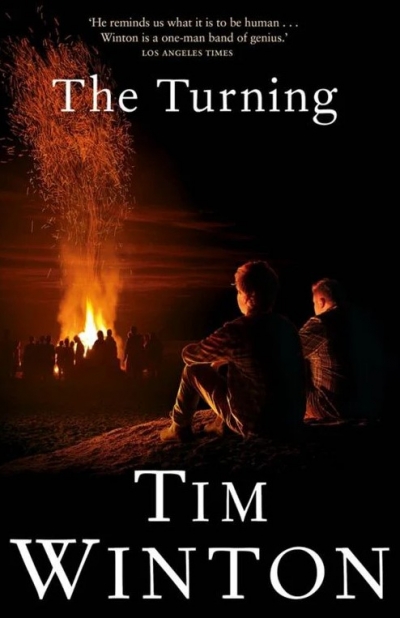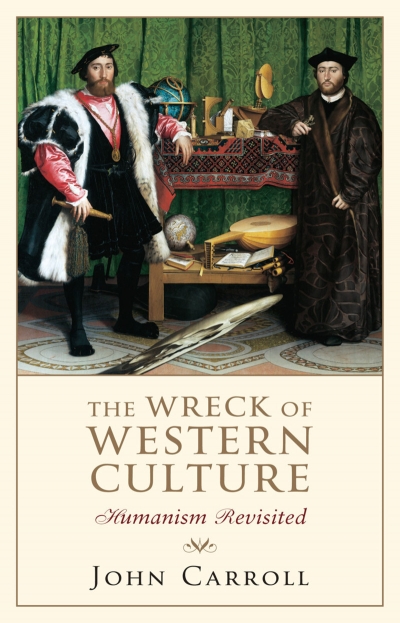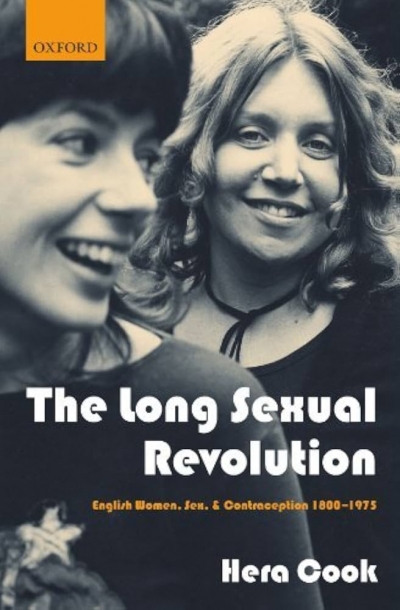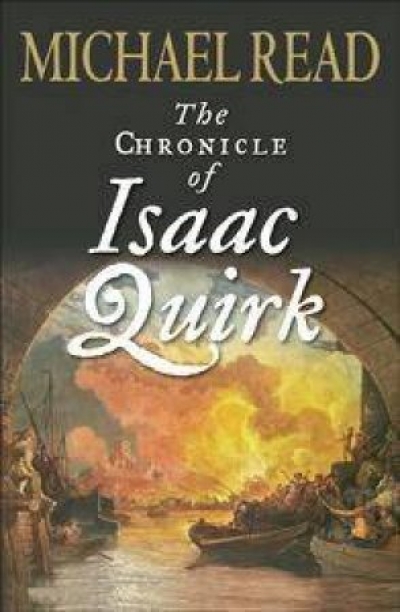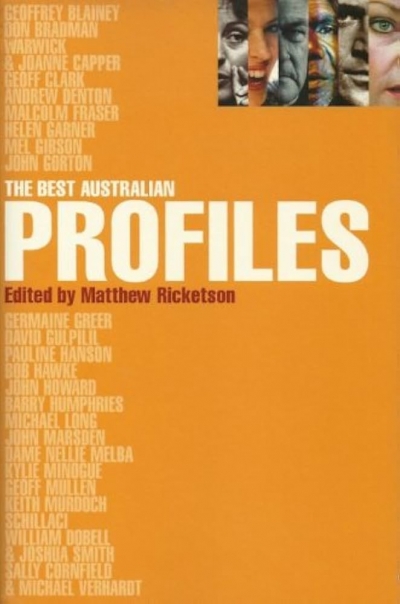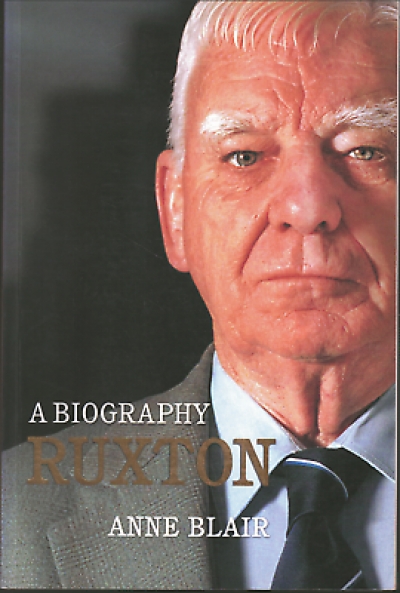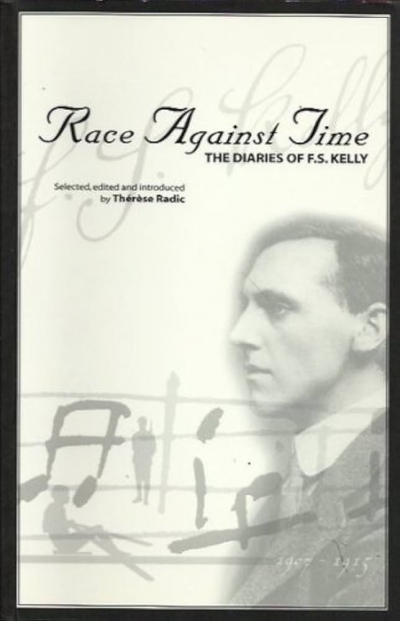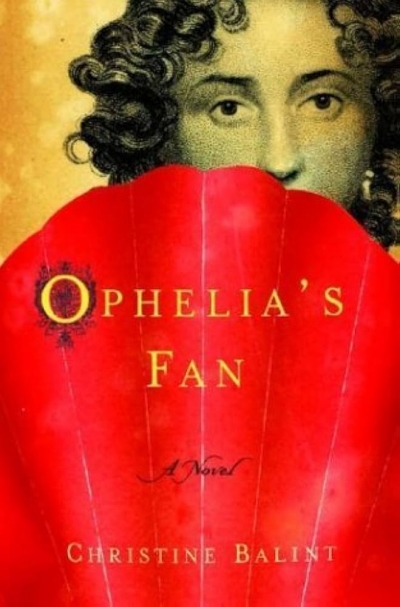Archive
The Wreck of Western Culture: Humanism revisited by John Carroll
by Dirk den Hartog •
The Long Sexual Revolution: English women, sex and contraception 1800-1975 by Hera Cook
by Lisa Featherstone •
Race Against Time: The diaries of F.S.Kelly edited by Thérèse Radic
by John Thompson •
A man remains in his car while his mother is buried.
What I know of them is unreliable, a cousin to truth.
A master bedroom, a stripped mattress
dead centre of the floor.
Plastic dishes in the kitchen sink,
soft toys kicked against the wall.
Ikea furniture flat in boxes,
I assemble you without a key;
no need for Swedish instruction,
these hands know your symmetry.
Finished with bedevilled edges,
hewn from raw blonde pine,
inner suburban by desire,
Scandinavian by design.
I build a little house where our hearts
once lived – remake rooms I cannot find.
Ophelia's Fan by Christine Balint & Always East by Michael Jacobson
by Carolyn Tétaz •

